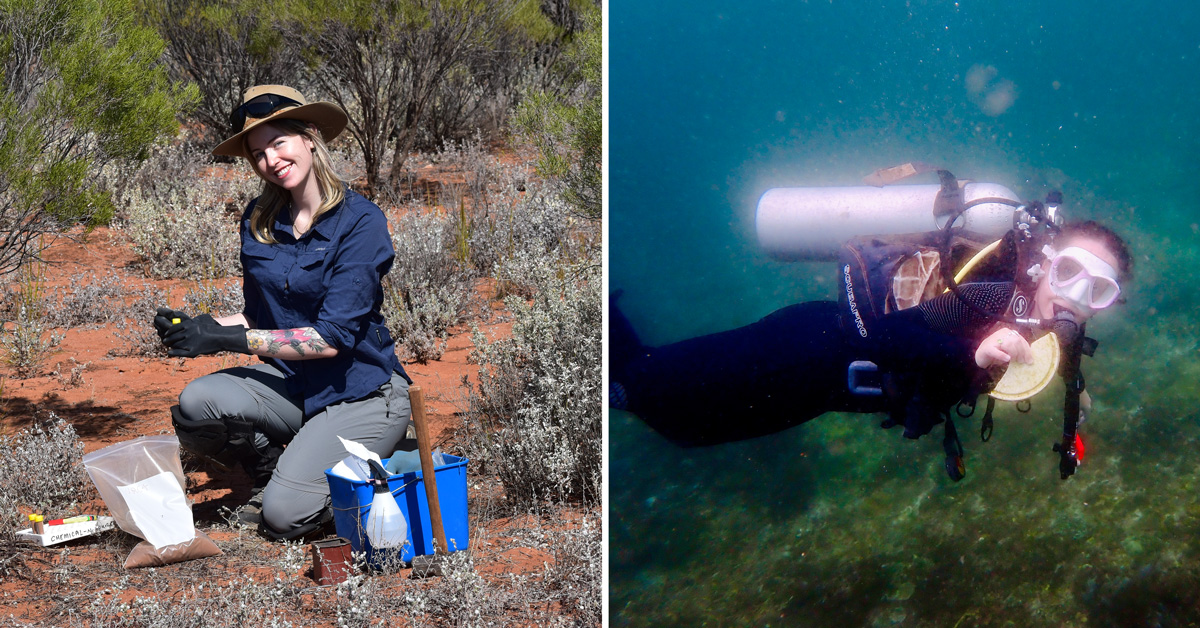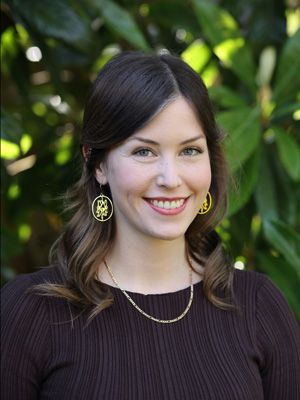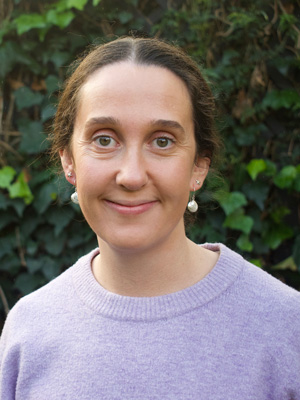
The Australian Academy of Science has announced Rebecca Greening and Dr Nina Wootton from the University of Adelaide as the recipients of this year's Max Day Environmental Science Fellowship Award.
Rebecca Greening, University of Adelaide
Soil function and ecosystem productivity: A comparative analysis between a century of regeneration and livestock-grazed arid South Australia

There is insufficient scientific knowledge about how to sustainably manage Australia's arid rangelands for livestock grazing, resulting in continued declines in native biodiversity. Despite the well-documented pervasive effects of livestock on plants and animals, the impacts on soil microbial communities and the essential role they play in ecosystem function and services are not well understood in arid ecosystems.
Ms Greening's project adopts a multidisciplinary approach to examine how livestock affect soil function and ecosystem productivity in arid South Australia. By comparing a century-old livestock-excluded reserve to nearby areas with high- and low-intensity livestock grazing, the project will determine how soil biochemical cycling changes in the presence of livestock. Additionally, greenhouse experiments will determine how livestock indirectly affect primary productivity through soil ecological processes. The project will fill a crucial knowledge gap, facilitating the implementation of sustainable management strategies and restoration techniques to support pastoral activities with positive biodiversity outcomes.
"I was so surprised to be awarded the Max Day Fellowship. This opportunity will not only open new doors for my project and career but also highlight the value of the TGB Osborn Vegetation Reserve, which is celebrating its 100th anniversary since its establishment in 1925," Ms Greening said.
Dr Nina Wootton, University of Adelaide
Plastic to Plate? An interdisciplinary study of microplastic pollution in traditional food sources and ecosystems in North-East Arnhem Land

Plastic and microplastic pollution are an escalating environmental concern with serious implications for both ecosystems and human health. Dr Nina Wootton's research aims to investigate the presence and impact of microplastics in traditional food sources such as fish, mussels, mud crabs and turtles in north-east Arnhem Land. By integrating ecological and social sciences, this interdisciplinary study works with the Yolŋu Traditional Owners to fill critical knowledge gaps and provide actionable insights for mitigating pollution and protecting Indigenous food sources and the broader environment.
"I am incredibly grateful and humbled to receive the 2025 Max Day Environmental Science Fellowship Award. Being recognised with such a prestigious award is a career highlight, and I deeply appreciate the generous donors who make this work possible," Dr Wootton said.
"As an early career researcher, securing funding for meaningful projects can be challenging, so I'm especially thankful for this opportunity. This award not only supports my current project but also opens doors for future initiatives that connect science, policy and industry for more sustainable environmental practices."
About the award
The Max Day Environmental Science Fellowship Award assists PhD students and early career researchers working on the conservation of Australia's flora and fauna, ecologically sustainable resource use, environmental protection and ecosystem services using an interdisciplinary approach.
The award is named in honour of the late Dr Maxwell Frank Cooper Day AO FAA, who spent a lifetime championing entomology, conservation and forestry, as well as helping other scientists.






